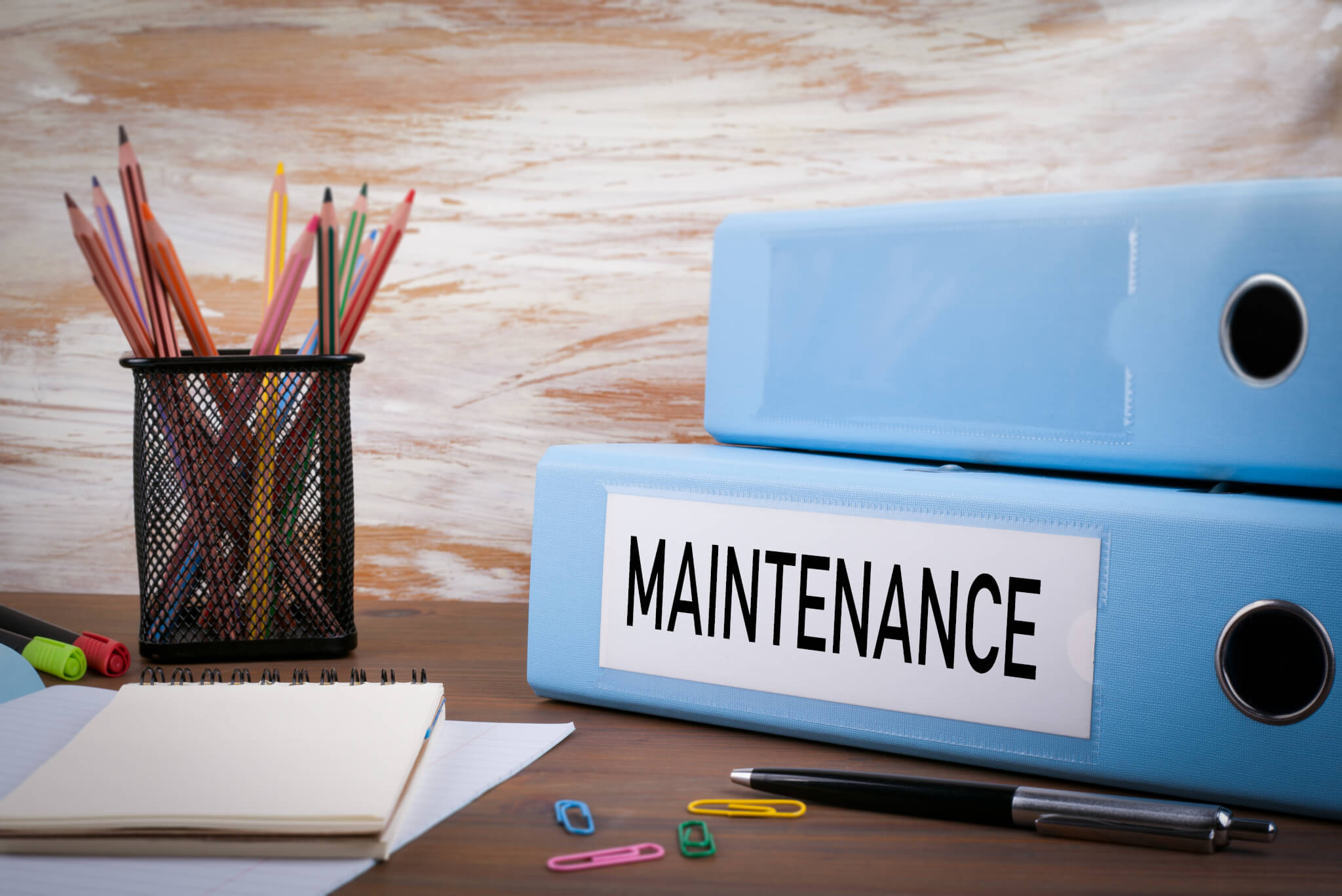

Contracts for facilities maintenance are designed to address the business conditions and legal environment of building repair, maintenance, or improvement. When you are considering your next facilities maintenance project, consider what type of work will be performed, the method of contracting that is right for you, and any other supporting documents you might need to adequately support the project you wish to complete.
Maintenance Work Types
Facilities maintenance work involves two distinct types of maintenance work: 1) as needed services; 2) and ongoing services.
Contracting Methods
There are two distinct ways to contract facilities maintenance work: 1) a master agreement; and 2) a stand-alone agreement.
The master agreement will contain common terms and conditions that will be applicable to each work order. These common terms include the general roles and responsibilities of the parties, how payments will be made, general insurance terms, and termination.
Together, the use of the master agreement and a work order creates a complete contract that includes the terms and scope of the maintenance work and requires the contractor to perform the maintenance work.
Supporting Documents
As you consider what type of work you want to complete, the contracting method you would like to use, it’s a good idea to consider what supporting documents you may want or need during the performance of the work such as change order forms, invoice templates, certificates of insurance request forms, or a status report for the maintenance work.
Finding the right contract for your facilities maintenance work may vary from job to job and contractor to contractor. Careful planning in advance of your next project will help you be well on your way to success.
AIA Contract Documents has provided this article for general informational purposes only. The information provided is not legal opinion or legal advice and does not create an attorney-client relationship of any kind. This article is also not intended to provide guidance as to how project parties should interpret their specific contracts or resolve contract disputes, as those decisions will need to be made in consultation with legal counsel, insurance counsel, and other professionals, and based upon a multitude of factors.